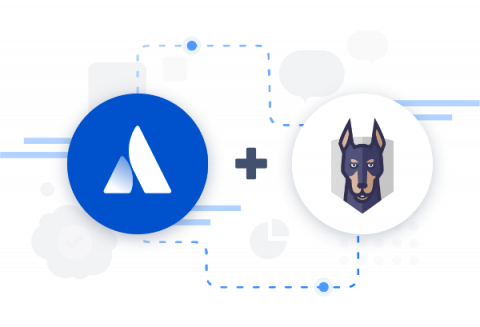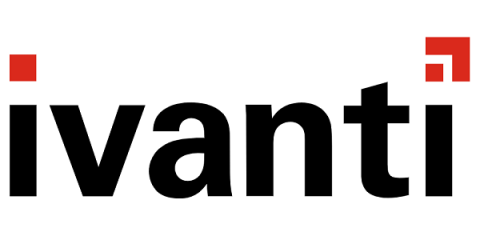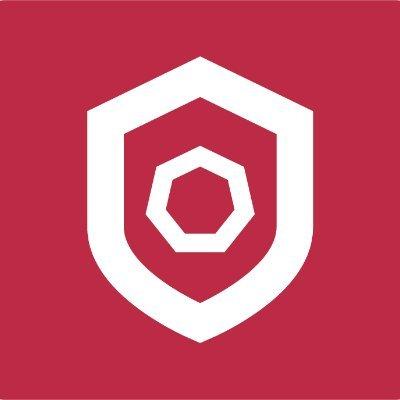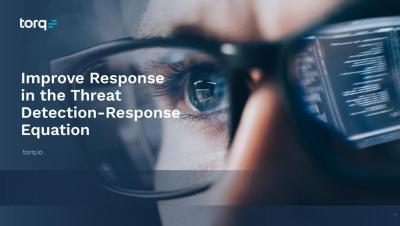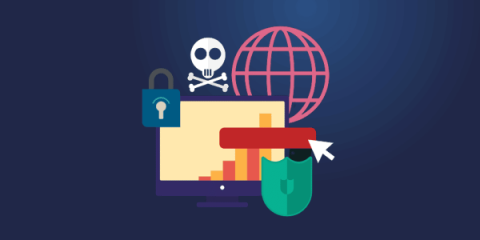Operations | Monitoring | ITSM | DevOps | Cloud
Security
The latest News and Information on CyberSecurity for Applications, Services and Infrastructure, and related technologies.
Introducing the New Snyk App for Bitbucket Cloud
What to Look for With Ivanti's Fourth Quarter Release
In 2004, a joint initiative of the US Department of Homeland Security and the National Cybersecurity Alliance declared October National Cybersecurity Awareness Month to help raise awareness of the best practices to remain safe while working online. Vigilance enables us to maintain privacy and productivity for our own sake and for the organizations we may work for.
Best Chrome extensions for web developers
Chrome revolutionized the way to extend browsers with new features. Back in the day, extensions were annoying toolbars (remember the Ask toolbar?) and related spam-like additions. Today, I couldn't live without extensions. Here's a list of our favorite extensions used while developing elmah.io. Let's jump right into the extensions. All extensions are sorted alphabetically so make sure to go through the entire list for the best extensions for Chrome (and mostly Edge too).
Scanning Secrets in Environment Variables with Kubewarden
We are thrilled to announce you can now scan your environment variables for secrets with the new env-variable-secrets-scanner-policy in Kubewarden! This policy rejects a Pod or workload resources such as Deployments, ReplicaSets, DaemonSets , ReplicationControllers, Jobs, CronJobs etc. if a secret is found in the environment variable within a container, init container or ephemeral container. Secrets that are leaked in plain text or base64 encoded variables are detected.
Improve Response in the Threat Detection Response Equation - Webinar
Privacy, Please! Why a Comprehensive Federal Framework is Essential to Protect Consumer Data Privacy
Laws vary by state. That’s expected. Fairbanks, Alaska, enacted a law prohibiting the provision of alcoholic beverages to moose, so don’t even think about it. In a part of Washington State, good luck trying to kill Bigfoot. (Not because Bigfoot doesn’t exist, but specifically because it’s illegal per a 1969 law.) But what happens when state-specific regulations are used to address a topic that transcends geographic boundaries like, say, the internet?
Endpoint Detection & Response (EDR) Guide
Cyberthreats and cyberattacks continue to grow more advanced and complex, making them much harder to stop. In fact, a recent study showed that cybercriminals can penetrate an organization’s network and access network resources in 93 out of 100 cases. The odds of keeping cybercriminals away don’t look hopeful for organizations across all industries.



